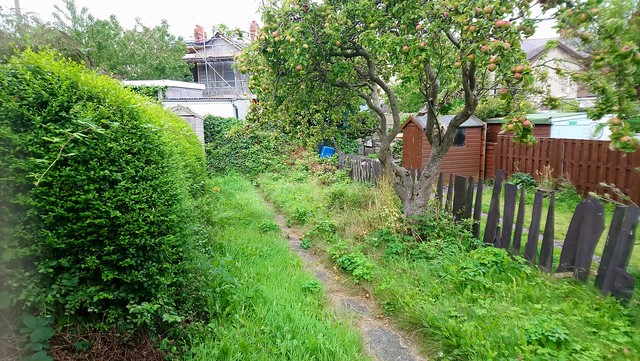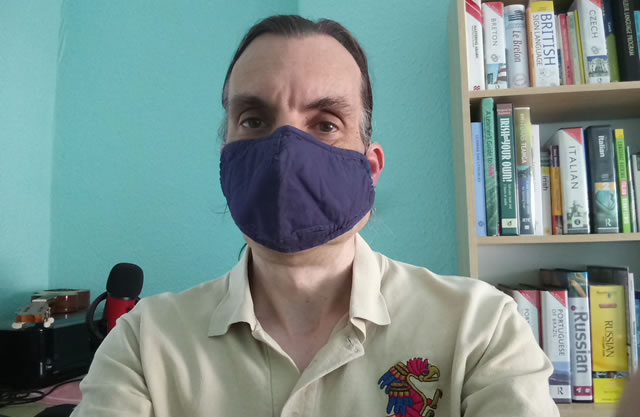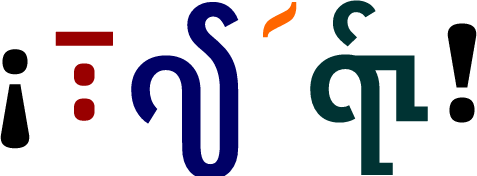Podcast: Play in new window | Download
This week we have a new writing system on Omniglot: the Qiang Script, which was created in 2017 and is used to write the Qiang languages of Sichuan Province in the southwest of China. One of those languages, Northern Qiang (Rrmea), now features on Omniglot, and was the mystery language in this week’s language quiz on the Omniglot blog.
There’s a new phrases page in Cumbric (Cumbraek), a reconstructed language based on Cumbric, a Celtic language that was spoken in parts of northern England and southern Scotland until about the 12th century.
There’s a new page about colour words and expressions in Igbo (Ásụ̀sụ̀ Ìgbò), a Volta-Niger language spoken mainly in southeast Nigeria.
There’s a new article about Colloquial Indonesian Spoken by Papuans, that is on the island of New Guinea in Papua New Guinea, and in the Indonesian provinces of Papua and West Papua.
This week’s Celtiadur post is about words for oxen and related words in Celtic languages. I discovered that words for sheep in the Brythonic languages, such as dafad in Welsh, are related to words for oxen and stags in the Goidelic languages, such as damh, which can refer to an ox, stag, strong man, champion or a corpulent person.
There are Omniglot blog posts about words for skips, dumpsters and related things in English and French: Skip to the Bin and Skips and Dumpsters.
This week’s Adventure in Etymology looks at the origins of the word ado.
There is a new Radio Omniglot podcast about surnames, specifically about some of the most common surnames in England and Wales.
For more Omniglot News see:
https://www.omniglot.com/news/
https://twitter.com/Omniglossia
https://www.facebook.com/groups/omniglot/
https://www.facebook.com/Omniglot-100430558332117
You can also listen to this podcast on: Apple Podcasts, Stitcher, TuneIn, Podchaser, PlayerFM or podtail.
If you would like to support this podcast, you can make a donation via PayPal or Patreon, or contribute to Omniglot in other ways.






